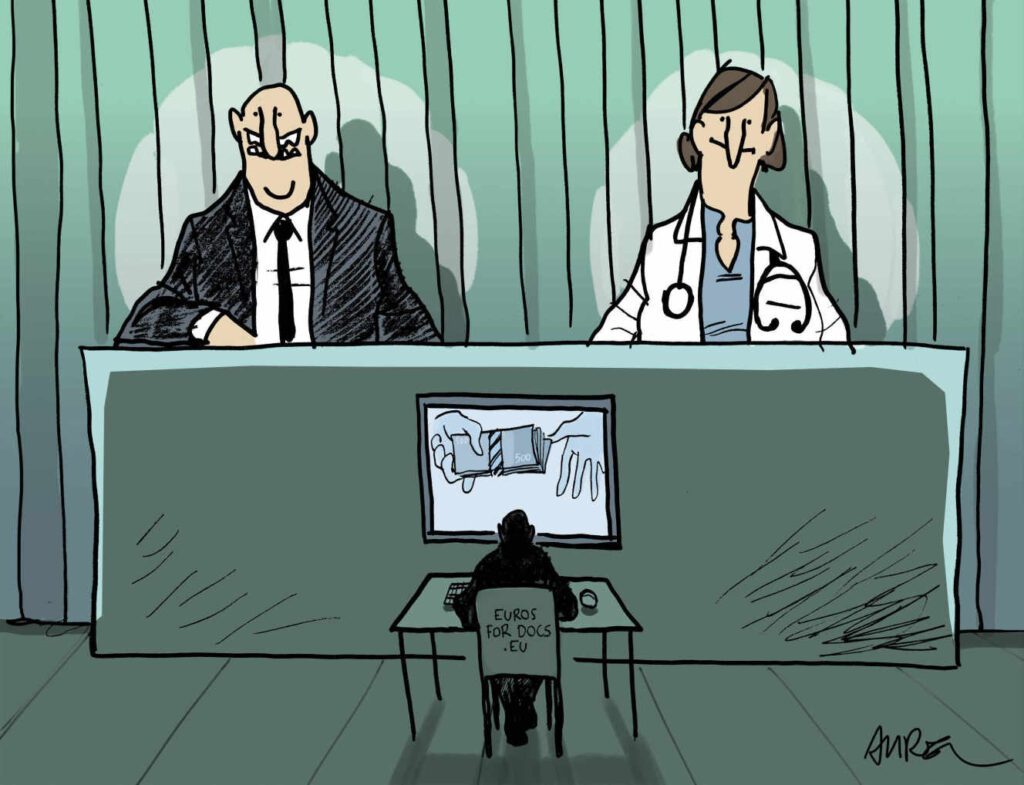Context: why do we need transparency about payments towards doctors?

Drug companies try to buy the loyalty of doctors to influence their practices, especially their prescriptions. A great intro to the subject is this gem from John Oliver, which is quite old (2015), and US-centered, but very funny.
The consequences of this influence can be dramatic (opioid crisis in the US, Mediator scandal in France, and so on). In the last 10 years, transparency appeared as a new solution to tackle this problem. The idea is that drug companies and doctors would think about it twice before engaging in shady collaboration if they knew that everything will be public. Some countries chose to enforce transparency about payments in the health sector by voting a transparency law, often called “Sunshine Acts” after the US law. Other countries don’t enforce transparency. There the pharma industry voluntarily disclose some information about their payments. More details about this here.
At the European level, transparency is mostly theoretical, as the data is not easily accessible. This opaque transparency does not change the practices, and does not limit undue industry influence. This led us to start this project, after a successful one in France.
The project
We listed sources of transparency across European countries: public registries in countries with registration, voluntary disclosure documents elsewhere. We extracted the data from these documents, unified the format, and stored everything in a single database.
This data can now be searched by country, company, recipient, year, etc. We give access to this database to journalists, researchers and NGOs, and to anybody interested in increasing public scrutiny.
Our objective is to simplify the access to disclosure data, so that civil society can effectively push for much needed changes.
Actual stand: covered countries
🇫🇷 For France, you can use our dedicated website, since 2018.
Projects that have used our data
Health Policy, May 2021
Pharmaceutical industry self-regulation and non-transparency: country and company level analysis of payments to healthcare professionals in seven European countries. https://www.sciencedirect.com/science/article/pii/S0168851021001135